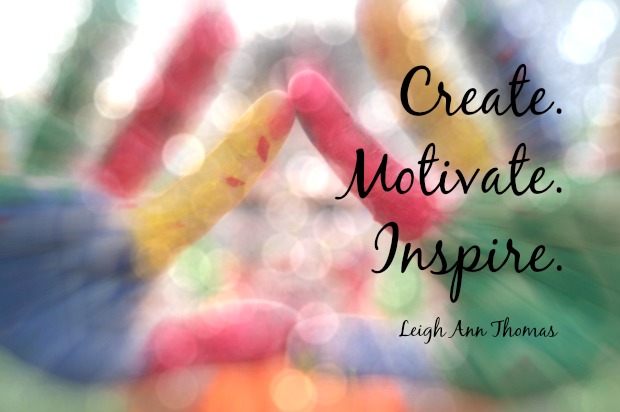
We All Fall
Twenty-four years ago, I experienced one of the most embarrassing moments of my life: I fell off the commode…
April 29, 2021
Twenty-four years ago, I experienced one of the most embarrassing moments of my life: I fell off the commode…
April 29, 2021
The long-awaited email from the agent arrives. With a trembling hand, you open it. Polite greeting, generic praise and…
March 7, 2021
It took 11 months after my accident before I was finally released from doctors’ care. That season was more…
July 29, 2020
Covid-19 has had the world on lockdown since March and we’ve all made adjustments to our lives—life as we…
May 29, 2020
Do you ever stare at one sentence until your eyes start watering? Have you had to read that one…
October 16, 2018
The other day I got a rejection letter for a writing submission. Oh, and, by the way, the sky…
July 6, 2018
Three days before Christmas, a delivery man turned in our driveway, honked the horn, and requested my signature. Then…
December 23, 2016